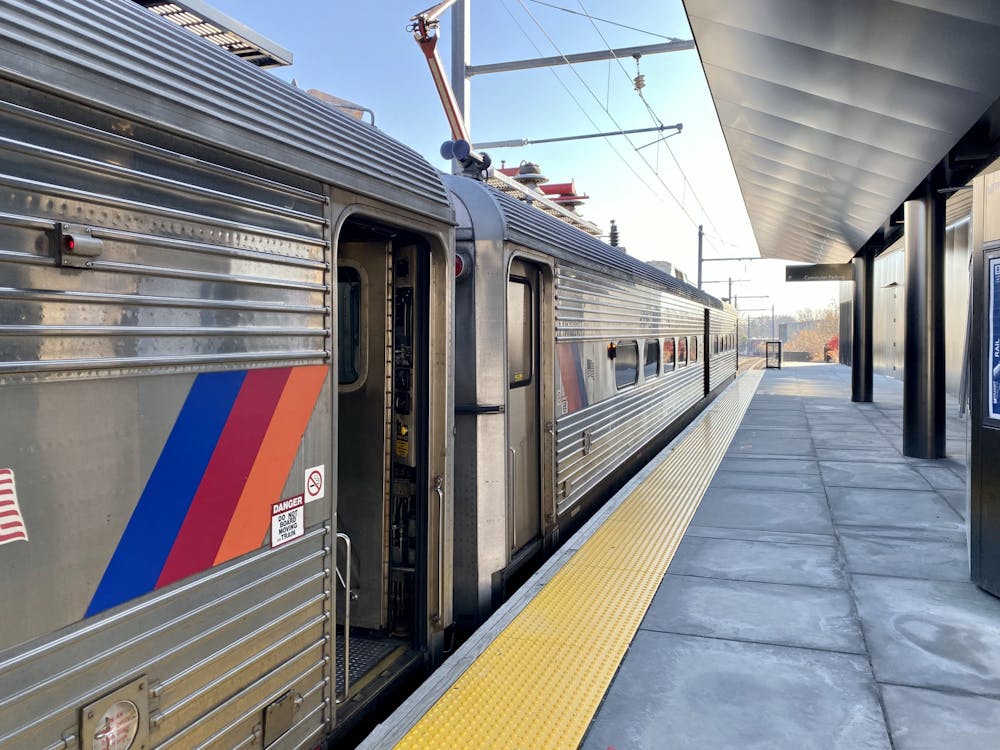On March 21, President Obama became the first sitting U.S. President to step foot in Cuba since Calvin Coolidge, nearly 88 years ago, and his trip came under intense fire from Republicans. Obama’s touchdown at Jose Martí International Airport reflected a world of stark contrasts between the two societies that only Kurt Vonnegut — in his novellas “Cat’s Cradle” or “Breakfast of Champions” — could have mustered, contrasts that, ironically, largely lie asa result of the American embargo on the island nation. The visit saw the blending of generations only 90 miles apart, a juxtaposition between the apogee of global technology and 1960s-era development that continues to be Cuba’s most recent link to the modern world. Obama’s visit stands as a strong step on the road to solidification of American-Cuban ties, the lack of which remains a visage fromthe Cold War era with no place in the 21st century.
The reestablishment of ties between the two nations began in December 2014 when Obama announced to the American people his intention of opening Cuba to American diplomacy. Both countries conducted a prisoner exchange as a declaration of intent. Slowly, travel and monetary restrictions have eased, culminating with the raising of the American flag atop the newly-reopened Havana embassy.
Some punditshave assailed his visit to the communist nation, citing the government’s poor human rights record and the lack of personal freedom available to Cuba’s citizenry. While such observations are perhaps astute, the hope is that the introduction of a free market in Cuba will both weaken President Castro’s dictatorial control over the island nation and increasingly democratize the country — to an extent, at least. Isolation allows the conditions for such abuses to take place; the free market exchange, both of money and of ideas, inherently provides a system of checks by the nations of the world against regimes that withhold democratic principles. It is no surprise that the majority of the supreme egalitarian states also have very free economies. As proof, look to China. As the Communists’ control over the nation has weakened and as free trade begins to pervade their society, their human rights record has improved. A strong economy allows China’s ruling party to legitimize its rule through the mass prosperity it creates, rather than through deployment of an authoritative fist.
One critique of Obama’s trip is that it implicitly acknowledges an authoritarian regime that violates basic protections stated in the UN Declaration of Human Rights. Here is an odd double standard, however, aptly pointed out by Castro. As The Guardian reports, he responds “to questions over human rights by pointing out US shortcomings that Obama himself agonizes over: on healthcare, gun violence, access to higher education, and women’s pay.” And to an extent, he’s right: there is gross inequity in the US, stemming from issues of income inequality to systemic racism and sexism. My belief is that the normalizing of relations between the two nations will lead to humanitarian improvements on both sides of the Straits of Florida, as the U.S. is encouraged to internally reflect upon and improve its own humanitarian shortcomings while Cuba, through the now-accessible marketplace of ideas, is encouraged to democratize.
Pundits also claim that, in visiting, Obama is implicitly accepting these wrongs by the Castro regime with notably little strategic benefit to the United States. However, I believe it is the exact opposite: in attempting to open the nation to free trade, his visit implies a commitment to free enterprise and a transparency of human rights. “Here’s my message to the Cuban government and the Cuban people,” Obama said March 22 in a speech at the Havana Grand Theater, the same building where Calvin Coolidge spoke 88 years ago. “The ideals that are the starting point for every revolution... those ideals find their truest expression I believe in democracy.” Further encouraging a democratization of the nation’s governance, President Obama directly addressed the premier of Cuba: “and to President Castro… given your commitment to Cuba’s sovereignty and self-determination, I am also confident that you need not fear the different voices of the Cuban people and their capacity to speak and assemble and vote for their leaders. And in fact I am hopeful for the future because I trust the Cuban people will make the right decisions.” And I, for one, am hopeful for the future, as well, that Cuba will see a stable transition following the end of Castro’s rule, that the human rights record of Cuba will improve, and the island will serve as a model Caribbean nation amidst its struggling counterparts. The visit represents one crucial step on the long road to normalization, one that hopefully will see a transition to a free election following Raúl Castro’s presidency and mutual benefits to the economy and peoples of both nations.
Dan Sullivan is a freshman from Southold, N.Y. He can be reached at dgs4@princeton.edu.







